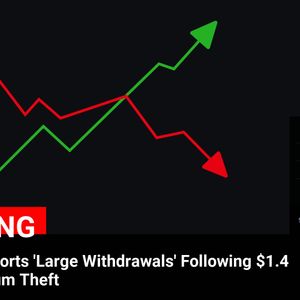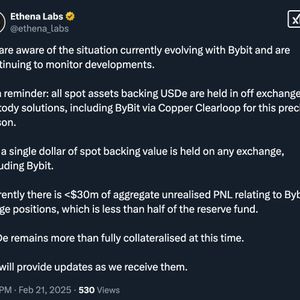Former Binance CEO CZ believes that crypto wallets should be the primary tool for everyday blockchain transactions, while exchanges should mainly serve professional traders. He shared this view in a discussion with Trust Wallet CEO Eowyn Chen, highlighting how wallets are evolving beyond simple storage. Although CZ no longer leads Binance, he remains active in the industry through YZI Labs and the Giggle Academy . During the conversation, he emphasized that crypto exchanges should be liquidity pools for large traders, not platforms for everyday users. “Most people shouldn’t have to use an exchange,” CZ stated, arguing that wallets like Trust Wallet are more suitable for daily crypto interactions. His comments reflect a growing trend in the industry. Crypto wallets, once seen only as storage solutions, now support financial transactions, digital identities, and DeFi services. Users can manage wealth, send remittances, and access decentralized apps—all without relying on exchanges. Eowyn Chen confirmed that Trust Wallet has experienced rapid growth , now serving millions of users worldwide. “We have almost 200 million downloads, and this represents 77% of finance registration users,” she stated. The platform is shifting from serving speculative traders to providing decentralized finance solutions for everyday users. CZ also pointed out that wallets could play a key role in digital identity and government services . Many governments are exploring blockchain-based identity solutions, and wallets could become the primary gateway for secure credentials. “Governments looking into blockchain will need a decentralized ID solution. The wallet is like the browser for the internet—it’s the key infrastructure,” CZ explained. As discussions continue about user privacy and market regulations, Chen noted that separating wallets from exchanges allows platforms to serve different types of users. By focusing on financial tools and identity management, wallets can expand their role beyond finance into education and public services. She suggested that digital certificates, government access, and educational resources could all be integrated into wallets, making them an essential tool for modern digital life. This shift highlights the changing role of crypto wallets, moving from passive storage to active financial and identity management. The conversation suggests that blockchain adoption will continue to grow as wallets provide more functions for everyday use.




















